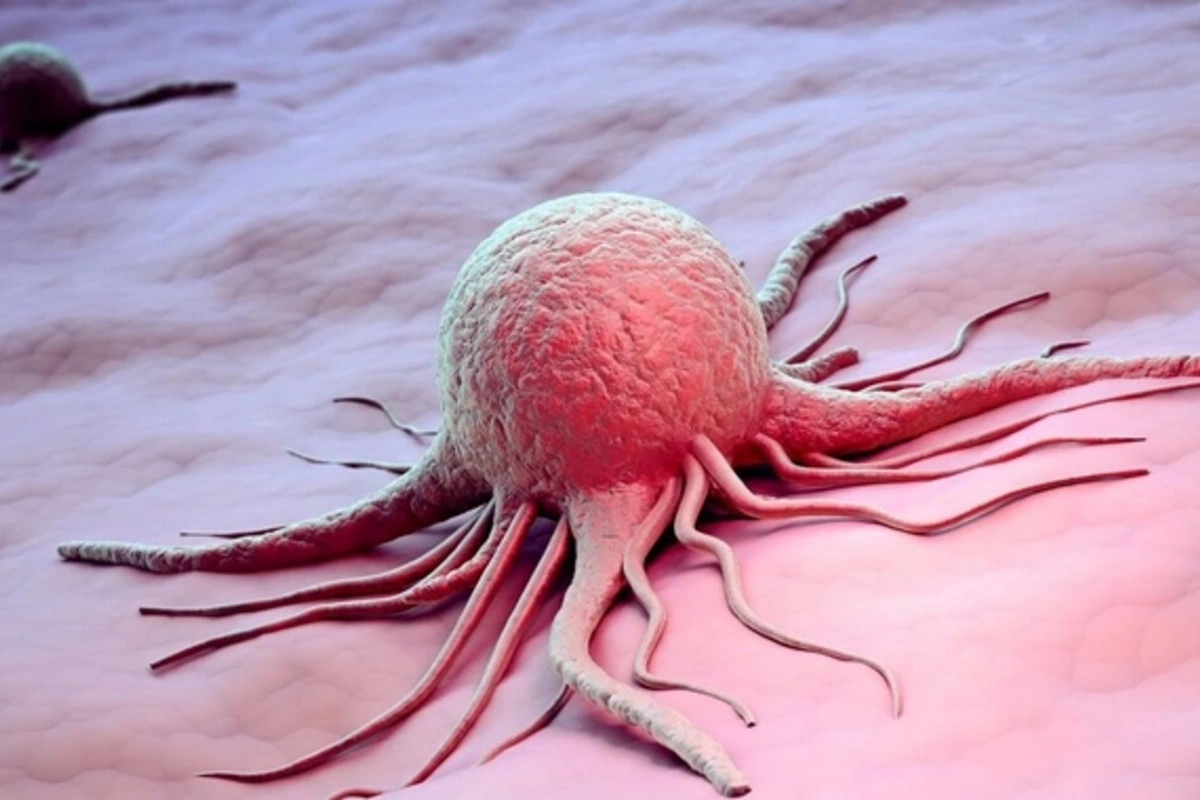08 Jun , 10:37
2

Alcohol and cancer: scientists confirm the dangerous link between alcoholic beverages and oncology. As psychiatrist and narcologist Ruslan Isaev told "Gazeta.Ru", regular alcohol consumption significantly increases the risk of developing breast, liver, esophageal, laryngeal, throat, oral cavity, and intestinal cancer.
The specialist emphasizes that alcohol has a complex effect on the body, affecting many organs and systems, not just the central nervous system.
"This list is not accidental - it reflects both accumulated epidemiological data and biological mechanisms of ethanol and its metabolites. The fact is that during alcohol metabolism in the body, acetaldehyde is formed - a highly toxic substance with proven carcinogenic effects. Acetaldehyde can damage cell DNA, disrupt repair processes, and stimulate proliferation, meaning uncontrolled cell division. Particularly vulnerable are tissues that directly contact alcohol - mucous membranes of the digestive tract (mouth, pharynx, esophagus), as well as tissues actively involved in ethanol metabolism, such as the liver," explained the doctor.
According to Isaev, in the case of breast cancer, hormonal changes play a decisive role. Alcohol contributes to increased estrogen levels in the blood, which is a significant risk factor for hormone-dependent breast cancer. This effect is especially noticeable in women who regularly consume alcohol, even in small amounts.
"The level of risk depends on the dose and regularity of consumption. There is no safe level of alcohol in terms of cancer risk - even small amounts can contribute to carcinogenesis. However, statistics show the following: regular consumption of 10 g of pure alcohol per day (approximately one glass of wine or 250 ml of beer) increases the risk of breast cancer in women by about 7-10%. When consuming 50 g or more per day, the risk increases by 40-50% compared to non-drinkers. For oral, pharyngeal, and esophageal cancers, the risk can increase five to ten times, especially when alcohol is combined with smoking - these factors mutually enhance each other's carcinogenic effects," noted Isaev.
The expert also draws attention to the fact that early onset of alcohol consumption significantly increases the likelihood of long-term complications, including oncological diseases.